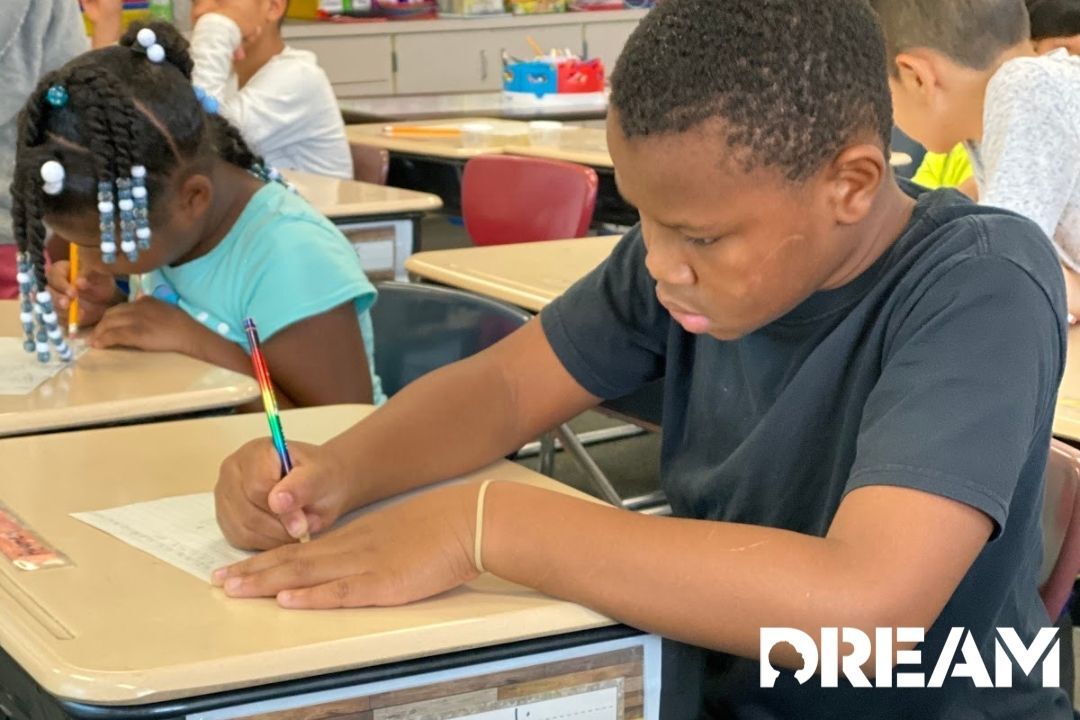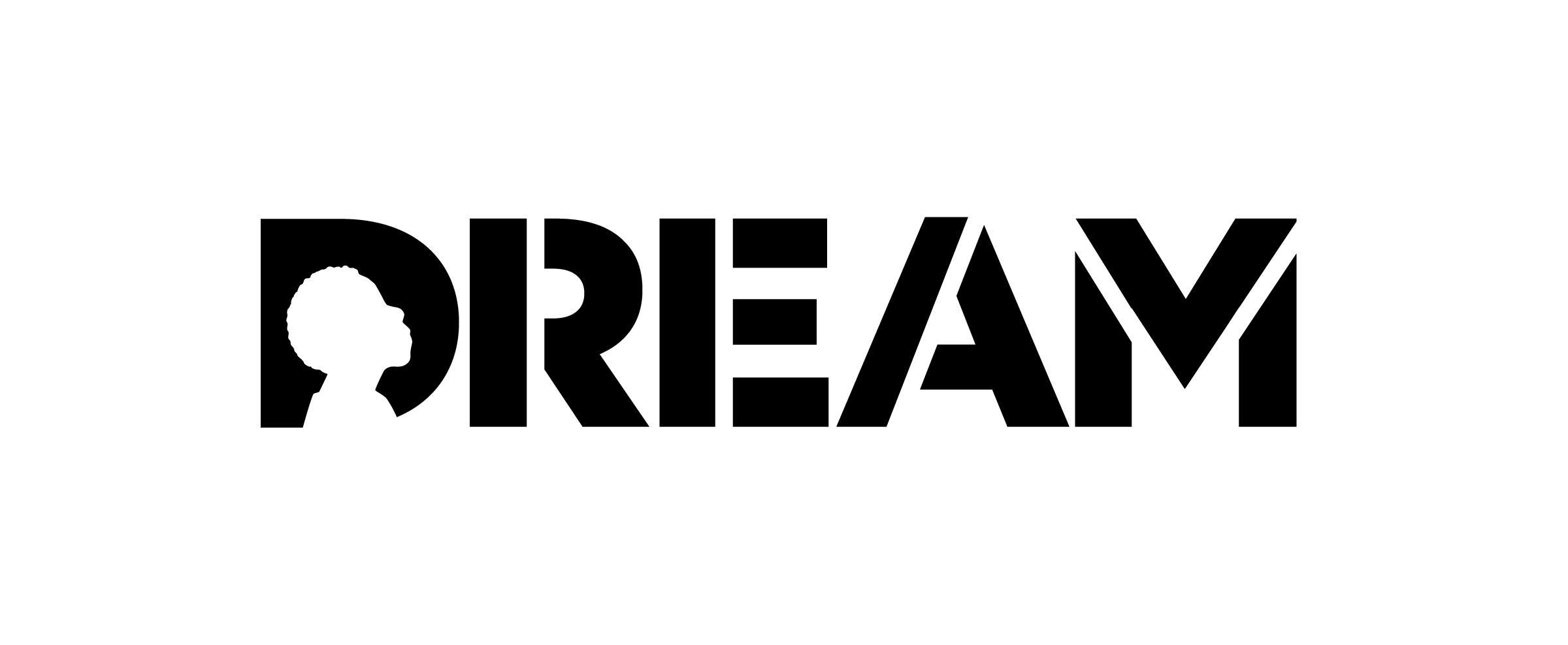
Studying is a skill that can set the stage for a lifetime of learning and academic success. For elementary and middle school students, it's essential to develop effective studying habits early. These habits not only lead to better grades but also teach valuable skills like time management and critical thinking. Let’s explore some effective studying strategies and how mentoring young adults can help!
A dedicated study space
One of the first steps in effective studying is to establish a quiet and organized study space. This space should be free from distractions like TV or video games and stocked with all the necessary supplies such as pencils, notebooks and reference materials. Creating a consistent study environment helps students get into a focused mindset.
A regular schedule
Consistency is key when it comes to studying. Help your child establish a regular study schedule that aligns with their daily routines. Whether it's right after school or after a short break and a healthy snack, having a set time for studying makes it a habit rather than a chore.
Break big tasks into smaller ones
For younger students, large assignments or study sessions can feel overwhelming. Teach them to break tasks into smaller, more manageable chunks. This approach makes studying less intimidating and helps them stay organized. For example, if they have to study for a science test, they can break it down by studying one chapter at a time.
Use adaptive learning techniques
Passive reading isn't always the most effective way to learn. Encourage your child to use active learning techniques like summarizing what they've read in their own words or teaching the material to a stuffed animal or a family member. These methods engage their minds and make the information stick.
Use flashcards or mnemonics
Flashcards are a valuable tool for memorization. Elementary and middle school students can create flashcards for vocabulary words, math facts or historical dates. Mnemonics, such as acronyms or rhymes, can also make memorization easier and more fun.
Interactive learning tools
Incorporate interactive learning tools and technology into the study routine. Educational websites, apps and games can make studying more engaging. Look for age-appropriate resources that align with your child's curriculum.
Practice makes perfect
Practice tests and quizzes are excellent tools for reinforcing knowledge and building confidence. You can create sample quizzes based on the material or use online resources that offer practice questions. Regular self-assessment is a crucial part of effective studying.
Encourage healthy study breaks
Younger students can't maintain focus for extended periods. Teach them the importance of taking short, active breaks during study sessions. A quick walk, a healthy snack or a few minutes of stretching can help recharge their minds.
Use visual aids
Visual aids like diagrams, charts and color-coding can help students understand and remember complex information. Encourage your child to create their visual aids or find educational posters and diagrams online.
Ask for help when needed
Finally, let your child know that it's okay to ask for help when they're stuck on a concept or problem. Whether it's from a teacher, tutor or a parent, seeking assistance is a sign of maturity and a commitment to learning.
Help us with mentoring young adults
Encouraging youth to take ownership of their education helps them find what works best for them. Remember that each child has unique study preferences. Along with mentoring young adults, our after-school programs offer homework assistance and tutoring. Contact us today if you’re interested in helping!


